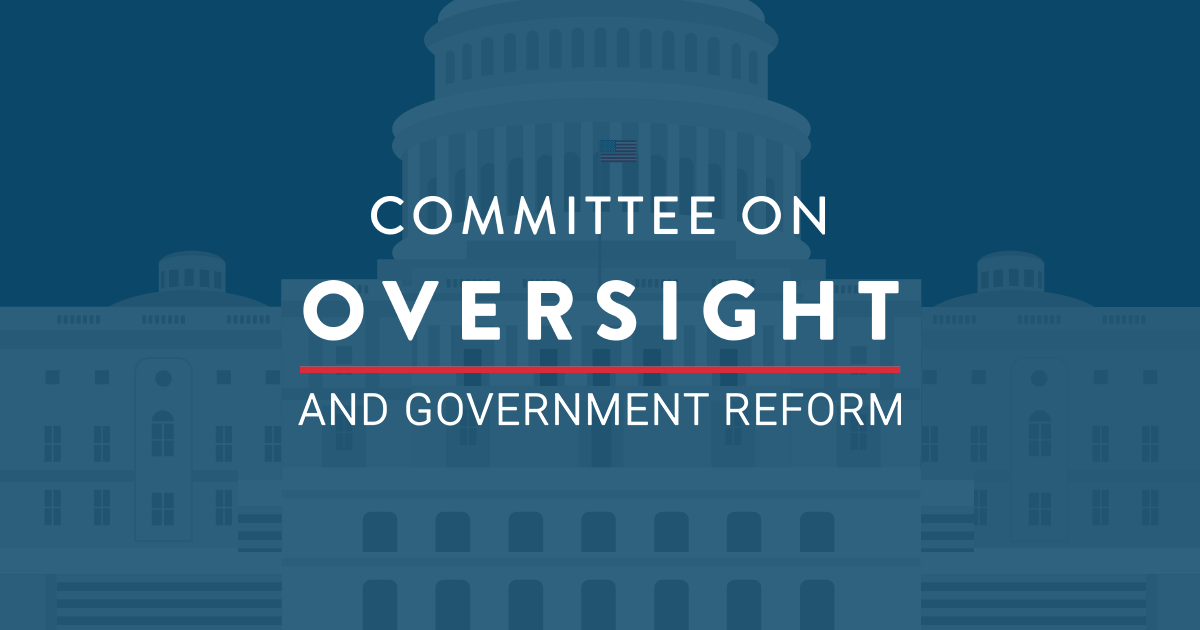Trump Administration's Proposed Federal Oversight Of Columbia University: Exclusive Details

Table of Contents
The Rationale Behind the Proposed Oversight: Unpacking the Administration's Claims
The Trump administration's official justification for proposed federal oversight of Columbia University remains shrouded in some ambiguity, but publicly released statements point to several key concerns. These claims, however, have been met with significant skepticism and counterarguments from various quarters.
- Alleged Misuse of Funds: The administration alleges potential misuse of federal research grants and other funding streams awarded to Columbia University. Specific instances remain largely undisclosed, fueling speculation and criticism.
- Concerns about Academic Freedom Violations: The administration suggests potential violations of academic freedom principles, though the exact nature of these violations has not been publicly specified. This vagueness has raised concerns about the potential for politically motivated interference.
- Lack of Transparency and Accountability: The administration points to a perceived lack of transparency and accountability in Columbia University's financial dealings and administrative practices. This claim is met with counterarguments highlighting the university's existing internal audit processes and public financial disclosures.
Counterarguments to the administration's justifications include accusations of politically motivated targeting, a lack of concrete evidence to support their claims, and concerns about the chilling effect of government scrutiny on academic discourse and research. The lack of transparency surrounding the specific reasons for the proposed federal intervention has only fueled these criticisms, leading many to question the true motives behind the government's actions. The investigation into Columbia University represents a significant escalation of government scrutiny into higher education.
Potential Impact on Columbia University: Academic Freedom and Financial Implications
The proposed federal oversight of Columbia University carries potentially devastating consequences for the institution, impacting both its academic freedom and its financial stability.
Impact on Academic Freedom
Federal intervention could significantly jeopardize academic freedom at Columbia University.
- Restricted Research: Oversight could lead to restrictions on research topics deemed politically sensitive or controversial by the administration, hindering intellectual inquiry and potentially chilling academic discourse.
- Curtailed Faculty Speech: Faculty members might self-censor their opinions and research findings to avoid potential repercussions from the overseeing federal body, limiting the free exchange of ideas.
- Increased Bureaucracy: The imposition of federal regulations and reporting requirements could create significant administrative burdens, diverting resources away from teaching and research.
Many legal scholars and academics express concerns that this type of government intervention sets a dangerous precedent, potentially stifling academic freedom across numerous universities. The erosion of academic freedom could have long-lasting and far-reaching consequences.
Financial Ramifications
The financial repercussions of federal oversight could be equally severe.
- Budget Cuts and Funding Restrictions: Federal intervention could lead to budget cuts and restrictions on future funding, affecting research projects, teaching programs, and essential university services.
- Loss of Grants and Donations: The controversy surrounding the oversight could deter potential donors and grant-giving organizations, further straining the university's financial resources.
- Impact on Students and Faculty: Budgetary constraints might result in increased tuition fees, reduced financial aid for students, and potential faculty layoffs. The uncertainty surrounding the financial future of the university can harm morale and recruitment efforts.
The potential financial fallout extends far beyond the immediate impact on Columbia University; it could send a ripple effect throughout the higher education sector, creating uncertainty and potentially discouraging private investment in research and education.
The Legal Battle Ahead: Challenges and Potential Outcomes
Columbia University is almost certain to mount significant legal challenges against the proposed federal oversight.
Legal Challenges
The university will likely argue that the federal government's actions violate its constitutional rights, including its autonomy as a private institution and its rights to academic freedom. The university might cite relevant legal precedents and statutes protecting academic freedom and institutional autonomy. Legal scholars predict a protracted and complex legal battle.
Possible Outcomes
The outcomes of this legal battle are uncertain and depend on various factors, including the strength of the university’s legal arguments, the political climate, and the composition of the courts involved. Potential outcomes range from a complete rejection of the proposal to a negotiated compromise involving partial oversight. A drawn-out court battle is highly probable. The political ramifications of the outcome could extend far beyond the immediate context, influencing future government-university relations.
Public Reaction and Political Fallout: Analyzing the Controversy
The Trump administration’s proposal to impose federal oversight on Columbia University has sparked intense public debate and significant political fallout.
Public Opinion
Public opinion has been sharply divided. Student protests have taken place on campus, demonstrating staunch opposition to the federal intervention. Faculty members have issued statements expressing concerns about academic freedom. Media coverage of the controversy has been extensive and often highly polarized, reflecting the partisan nature of the debate.
Political Ramifications
The political ramifications of this action could be far-reaching, affecting the Trump administration's legacy and impacting future elections. The controversy has fueled existing divisions within the higher education sector, with some viewing the government's move as an overreach, and others welcoming greater federal scrutiny of university operations. The repercussions extend beyond academic circles, influencing public perception of the administration’s policies.
Conclusion: The Future of Federal Oversight at Columbia University and Beyond
The Trump administration's proposed federal oversight of Columbia University represents a significant and controversial development in the relationship between government and higher education. The rationale for the proposal remains unclear, and the potential consequences for academic freedom and financial stability are substantial. The ensuing legal battles will be crucial in determining the outcome, shaping the future of university autonomy and the balance of power between federal authorities and institutions of higher learning. This case sets a precedent that could have a profound impact on universities across the nation. Stay tuned for further updates on this evolving situation and join the conversation about the future of federal oversight in higher education.

Featured Posts
-
 Who Wants To Be A Millionaire Celebrity Special Analyzing The Famous Faces And Their Fortunes
May 07, 2025
Who Wants To Be A Millionaire Celebrity Special Analyzing The Famous Faces And Their Fortunes
May 07, 2025 -
 Zyadt Edd Rhlat Alkhtwt Almlkyt Almghrbyt Byn Albrazyl Walmghrb
May 07, 2025
Zyadt Edd Rhlat Alkhtwt Almlkyt Almghrbyt Byn Albrazyl Walmghrb
May 07, 2025 -
 Shah Rukh Khans Met Gala Debut A Sabyasachi Moment
May 07, 2025
Shah Rukh Khans Met Gala Debut A Sabyasachi Moment
May 07, 2025 -
 Avoid Unforced Errors Warren Buffetts Leadership Wisdom
May 07, 2025
Avoid Unforced Errors Warren Buffetts Leadership Wisdom
May 07, 2025 -
 Sec Acknowledges Grayscale Xrp Etf Filing Impact On Xrp Price And Market Dominance
May 07, 2025
Sec Acknowledges Grayscale Xrp Etf Filing Impact On Xrp Price And Market Dominance
May 07, 2025
